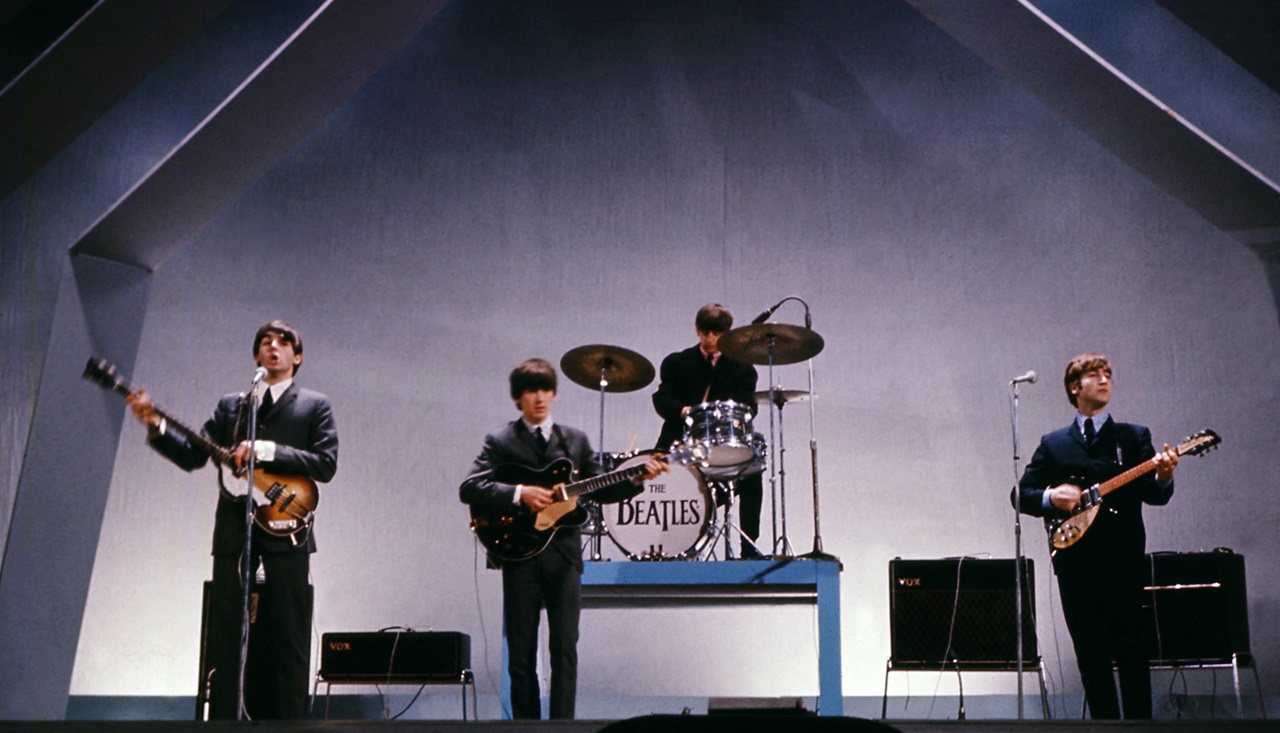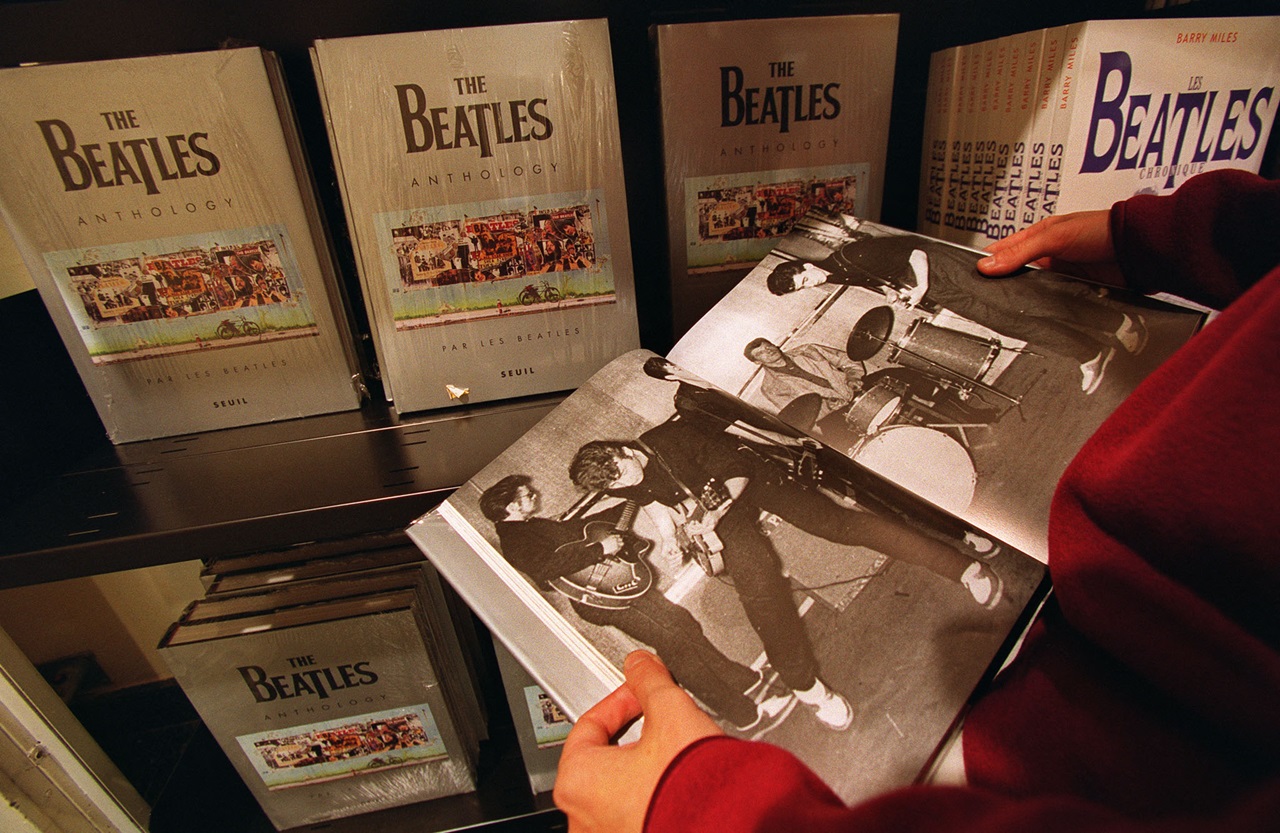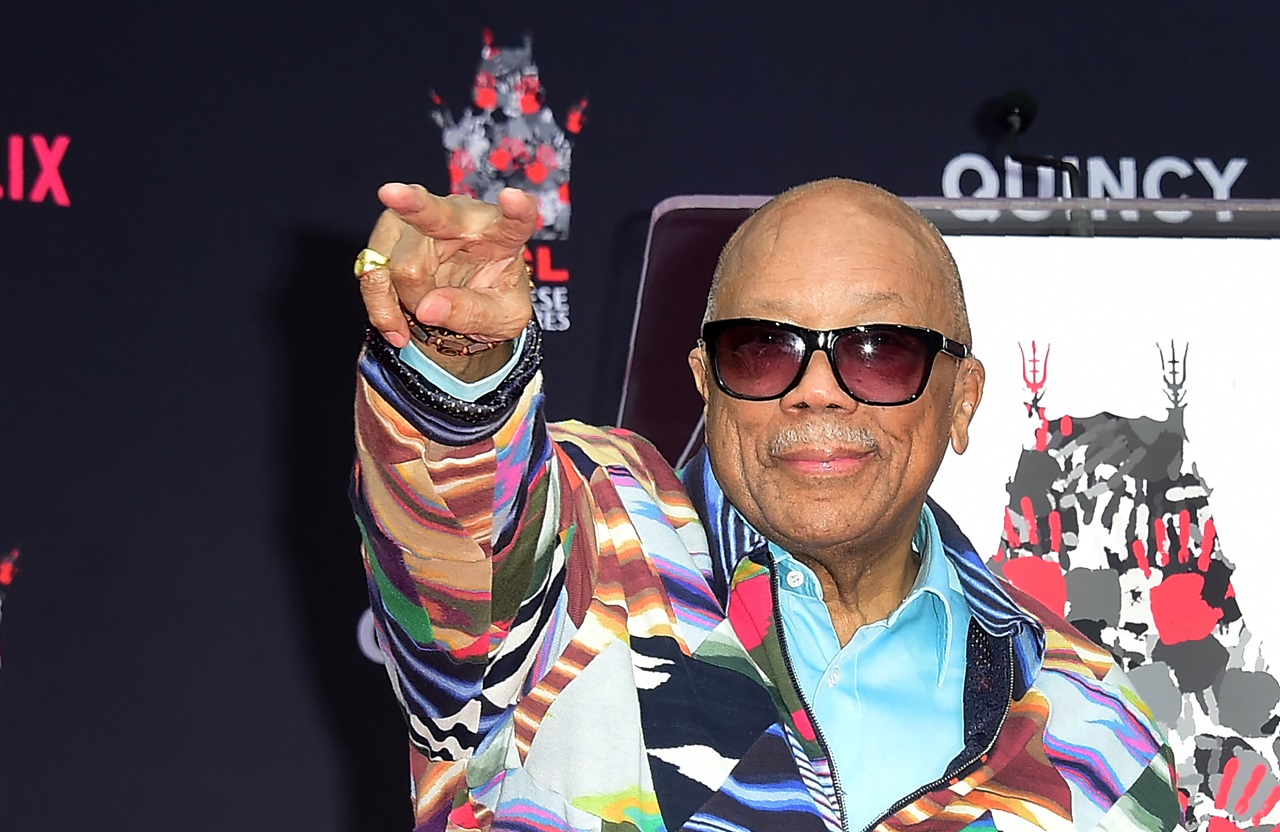
The day Serrat refused to participate in the Eurovision final
The chosen song “La, la, la,” composed by the Dúo Dinámico, was assigned to Serrat to try to win the prestigious award
The press called the event the “Serrat bomb.” It was an unexpected moment that shook the authorities and Spanish society. It was 1968, and the date for the final of the popular Eurovision music festival was around the corner. A very young Joan Manuel Serrat, who was an emerging voice in the generation of new national songwriters, was selected to represent Spain in the final.
The chosen song “La, la, la,” composed by the Dúo Dinámico, was assigned to Serrat to try to win the prestigious award. Spain had a poor track record up to that point, including times where it achieved 0 points, as happened with the candidacies of Conchita Bautista and Víctor Balaguer. In 1967, Raphael presented his "Hablemos de amor" and ended in seventh place.
With Serrat's popularity and talent, he seemed like a safe bet to win. But few suspected that his political convictions would prevail. The singer was a well-known activist against the Franco regime, and the idea of representing his authoritarian country in an international competition bothered him. He did not want to whitewash fascism with his voice.
RELATED CONTENT
The discrepancy became public when Serrat aired that he did not like the selected song. He considered it lazy and too commercial. For this reason, he asked the managers of Televisión Española (the only existing channel at the time, responsible for organizing the event) to allow him to attend the gala in London with a song written by himself. For weeks, he was forced to perform “La, la, la” throughout Europe on the promotional tour for the song.
{"preview_thumbnail":"/sites/default/files/styles/video_embed_wysiwyg_preview/public/video_thumbnails/DJVzVfxzPSc.jpg?itok=XVZ9cz_i","video_url":"https://www.youtube.com/watch?v=DJVzVfxzPSc","settings":{"responsive":1,"width":"854","height":"480","autoplay":1},"settings_summary":["Embedded Video (Responsive, autoplaying)."]}
The crisis broke out in Paris, where he was preparing to continue his performance tour. Barely 12 days before the final, he wrote a handwritten letter sent to the media, where he said he would only participate singing the Dúo Dinamico song if they allowed him to sing it in Catalan.
In those years, Serrat was a promoter of the Nova cançó, a group of artists that promoted the use of this regional language, forbidden by the Franco regime.
"I am and continue to be above all a Catalan singer, and in this language I have expressed myself to sing for four years," he wrote at the end of the letter. At the beginning, he clarified that his selection to Eurovision was “a pride and a responsibility, because I know that the eyes and dreams of millions of Spaniards would be fixed on me.” Serrat was clear: "a man has to be faithful to himself and to the people who are faithful to him."
After the incident, he was accused of being a "traitor" of the country and was banned from Spain for many years, a reason he went on to develop his career in Latin America.











LEAVE A COMMENT:
Join the discussion! Leave a comment.